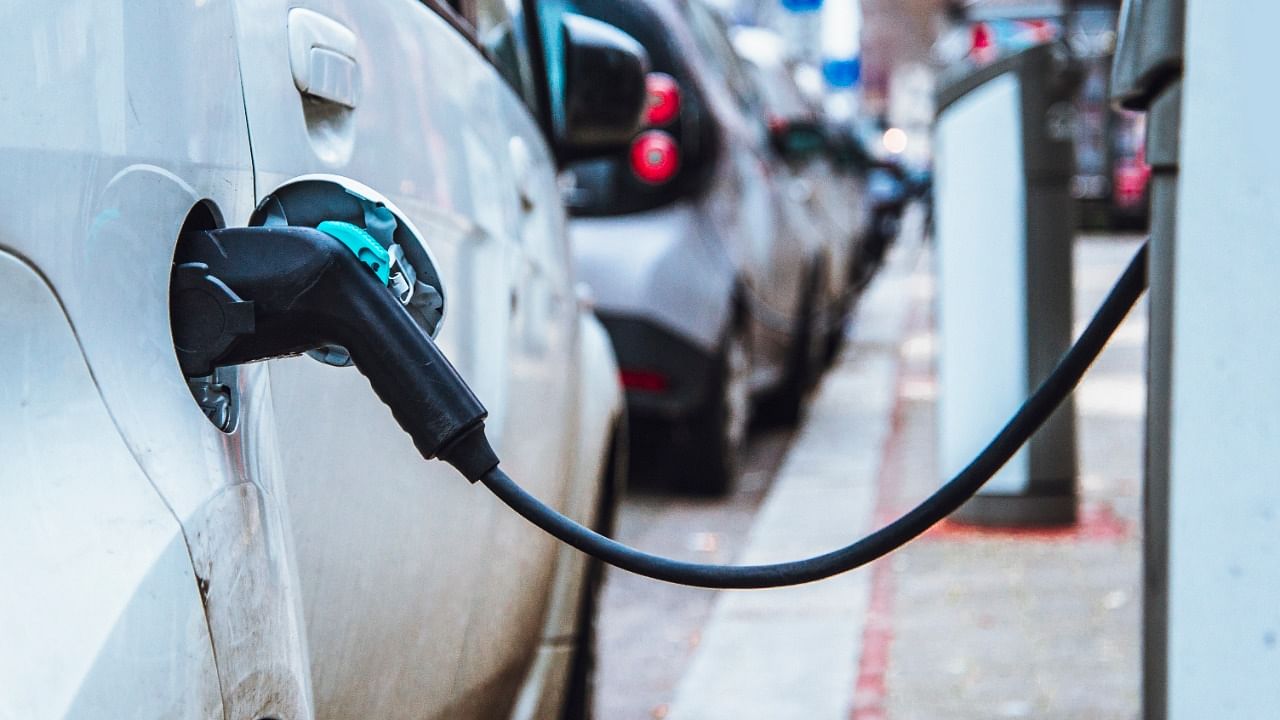
More than 30 per cent of the vehicles sold in India will run on electricity by 2030, but will amount to just 10 per cent adoption in the passenger vehicle segment, a report said.
According to the report ‘Unlocking India’s Electric Mobility Potential’ by management consulting firm Arthur D. Little, the EV segment will cross sales of 10 million vehicles by 2030, with an overall adoption rate of more than 30 per cent.
However, for the passenger vehicles segment, the EV adoption would likely be a mere 10 per cent in the said period, and would amount to only five per cent of total electric vehicles sales.
Fabian Sempf, the firm's Principal & India Head of Automotive, said: “Electric mobility is the fast-approaching future of transport. We believe that India is well-positioned to make this transition. The solutions are evident, and the environment is conducive. With the needed impetus, India can achieve its aspiration of becoming one of the world’s leaders in e-mobility.”
However, to attain more than 30 per cent EV adoption, India will require approximately 800 GWh (Gigawatt hours) of batteries by 2030. To meet this rising demand, India is accelerating plans to manufacture Li-ion batteries within the country, anticipating $2.3 billion in government subsidies, and more than $7.5 billion in investment potential.
Besides the benefits of a cleaner environment, India’s import bill is also expected to come down by almost $14 billion in 2030. Apart from this, change to EV is also expected to create 10 million new jobs in India by 2030, in turn boosting economic growth of the country, the report stated.
“Despite obstacles, India is one of the largest markets for EVs in Asia behind only China and, surprisingly, ahead of Japan. We can build on this position by acting to support product innovation, create reliable charging infrastructure, and provide subsidies to buyers and additional incentives to startups involved in battery R&D, among others,” said Barnik Chitran Maitra, Managing Partner & CEO, India & South Asia.
According to him, if India achieves its true EV potential of 50 per cent electrification, every 10th EV sold globally could be manufactured in India, making India a global EV powerhouse.
In terms of investment, considering the FDI (Foreign Direct Investment) inflow of nearly $6 billion in 2021, India’s EV industry could attract further foreign investments of about $20 billion by 2030. This would fuel the country's economic growth, and help achieve required scale in this industry, the report said.
In the recent past, government support and investments made by auto-incumbents in the EV ecosystem have also bolstered private equity and venture capitalists’ confidence in India’s EV space.